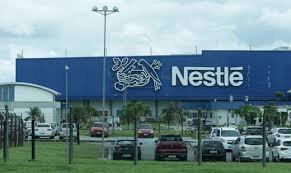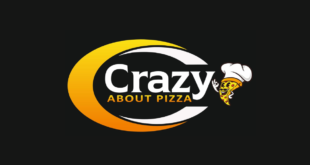
Nestle, a leading consumer goods company, has come under scrutiny for adding approximately 3 grams of sugar to each serving of Cerelac baby products sold in India. This practice contrasts starkly with their products in developed nations, where sugar-free options are available.
A recent investigation by Public Eye revealed that all 15 Cerelac baby products sold in India contain an average of nearly 3 grams of added sugar per serving. This discovery raises concerns about nutritional standards, especially in comparison to other regions like the United Kingdom, Germany, and Switzerland, where similar products are sugar-free.
The report highlighted that Nestle’s inclusion of sugar and honey in infant milk and cereal products in various countries violates international guidelines aimed at preventing obesity and chronic diseases. Notably, these violations were found predominantly in Asian, African, and Latin American countries.
In response to these findings, Indian health authorities have taken note and are examining the charges against these baby-food products. Nestle India Ltd. spokesperson, however, stated that the company has reduced added sugars in its infant cereals portfolio by 30% over the past five years. They emphasized ongoing efforts to review and reformulate products to further reduce sugar content while maintaining nutritional quality.
The investigation revealed discrepancies in sugar content across different markets. For instance, while Cerelac products in India contain 3 grams of sugar per serving, the same products in Germany and the UK are sugar-free. Additionally, nutritional information on packaging often does not disclose the amount of added sugar, raising transparency concerns.
Experts have voiced concerns about the health risks associated with adding sugar to baby products. Rodrigo Vianna, an epidemiologist and Professor at the Department of Nutrition of the Federal University of Paraiba in Brazil, warns against the addictive nature of sugar and its potential to lead to nutrition-based disorders in adulthood, including obesity and diabetes.
Nestle’s Cerelac products generated over ₹20,000 crores in sales in India in 2022, reflecting the significant market impact of these findings. The controversy has sparked discussions within the food industry regarding sugar content in baby foods and the importance of adhering to global nutritional guidelines.
The revelation of added sugar in Cerelac products sold in India underscores the importance of transparency in food labeling and adherence to international nutritional standards. It also prompts a broader conversation about the health implications of sugar consumption, especially in early childhood nutrition.
Sources By Agencies
 Digital Scoop India Official Platform of Digital Scoop India Featuring Latest & Best News #Articles #Bytes #Entertainment #DigitalScoopMagazine
Digital Scoop India Official Platform of Digital Scoop India Featuring Latest & Best News #Articles #Bytes #Entertainment #DigitalScoopMagazine



